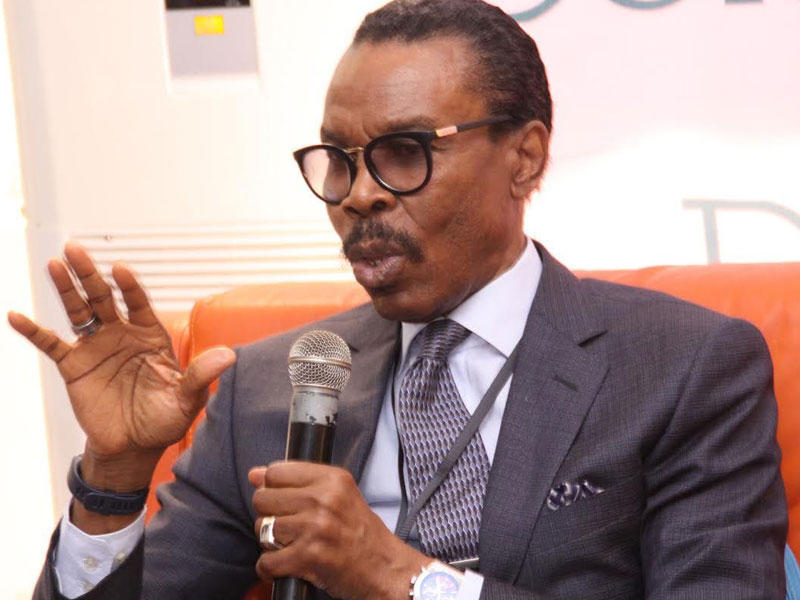
Lagos, May 30, 2024 – Bismarck Rewane, the Chief Executive of Financial Derivatives Company Limited, says Nigeria has fallen from the 32nd largest economy in the world to 42nd.
Rewane spoke on Channels Television on the scorecard of President Bola Tinubu during first anniversary of his administration on May 29.
He said Nigeria had also descended from its 1st ranking to 4th in terms of wealth management and accumulation in Africa.
The financial expert also said that Ghana had also overtaken Nigeria in terms of external reserves and Gross Domestic Product (GDP).
Rewaned said although the economic metrics and rankings looked tough, but there is room for improvement in the Nigerian economy.
“Our ranking among African countries has declined. Last year, our GDP growth was 2.98 per cent; South Africa was 1.93 per cent, Kenya four per cent, and Ghana 3.8 per cent.
“Inflation was 33 per cent for us, five per cent for South Africa, five per cent for Kenya, and 25 per cent for Ghana.
“Our GDP per capita is $1,111, while South Africa’s is $6,700, Kenya’s is $2,000, and Ghana’s is $2,200. External reserves as a percentage of GDP illustrate a tough picture.
“In the past, we were always richer than Ghana, but now we are here. External reserves and GDP figures speak for themselves.”
“There’s a cost of living crisis in Nigeria, and minimum wage negotiations are a source of widespread conflict. The wrong sequencing of reforms is taking its toll on output.
“Nigerians and Nigeria need new borrowing to refinance existing obligations, and policy changes, institutional reforms, and new borrowings are expected to lead to positive and faster growth from 2025 to 2026.
“The economic weakness is partly structural and mostly exogenous. Exogenous means from outside, while structural means fundamental.
“The structural challenges include rent-seeking, market structure issues, energy crunch (4,000 MW), regulatory bottlenecks, declining labour productivity, and demographic pressures including urbanization.
“Exogenous shocks include COVID-19 disruptions, post-COVID global supply chain disruptions, political tensions, high global interest rates, transit developments, the cost of living crisis, wage agitation, and social unrest,” Rewane said.

